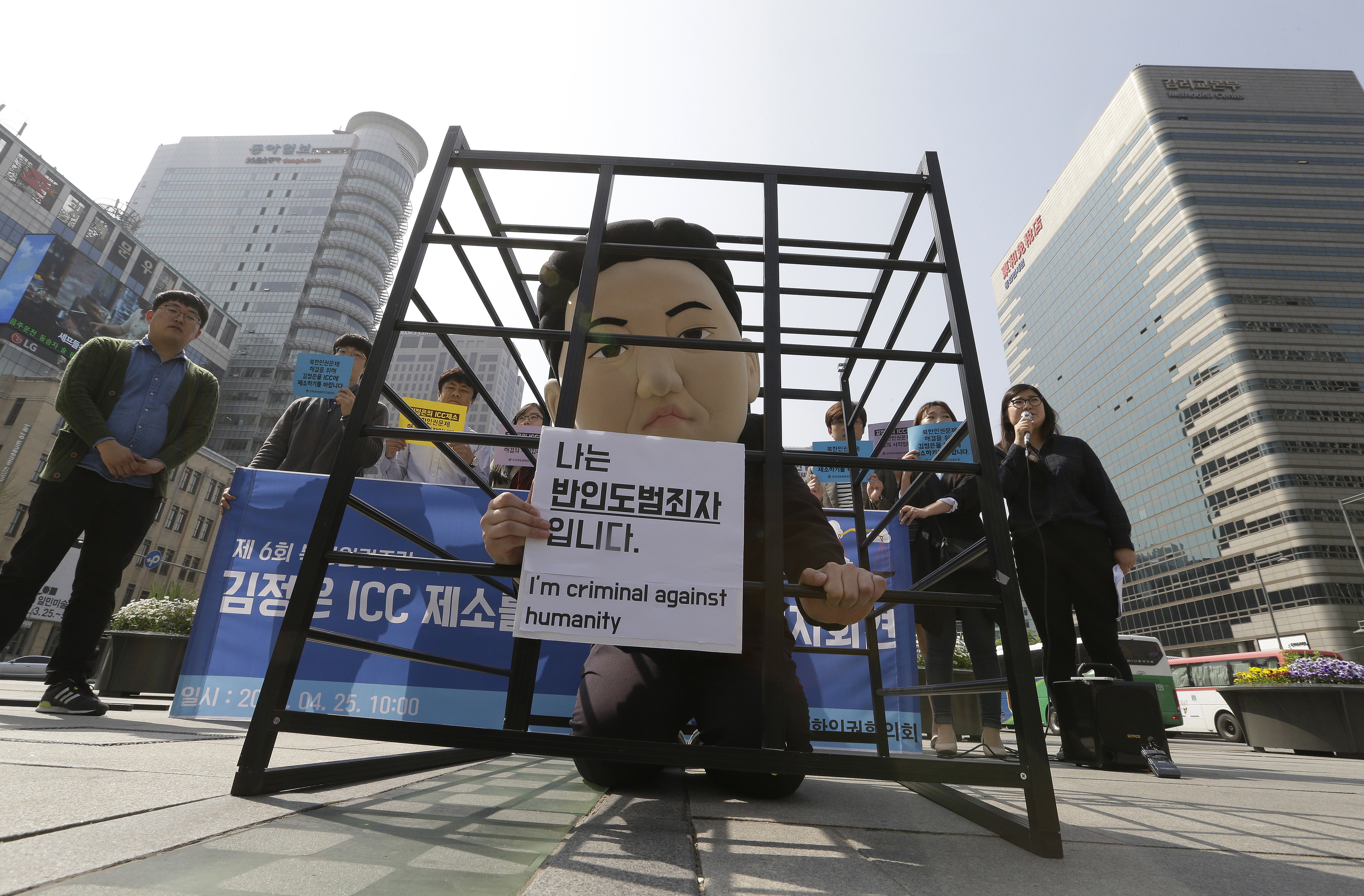To rein in countries from North Korea to Sudan, global powers are boosting their reliance on United Nations sanctions aimed at forcing recalcitrant governments to drop weapons programs, stop attacking their civilians or respect the results of elections. They usually fail.
In March, the 15-member Security Council voted to toughen economic sanctions against North Korea, already one of the world's most isolated regimes, for a missile launch and nuclear test that violated previous U.N. resolutions. Pyongyang responded with more launches, including one fired from a submarine Saturday. Few analysts expect leader Kim Jong Un, who has tolerated widespread hunger and malnutrition among his people, to abandon his weapons program before he has the technology to deliver nuclear weapons to the U.S. mainland.
And while the pressure of economic sanctions is credited with helping broker a nuclear accord with Iran, that result was almost a decade in the making. Most examples are less positive.

















With your current subscription plan you can comment on stories. However, before writing your first comment, please create a display name in the Profile section of your subscriber account page.